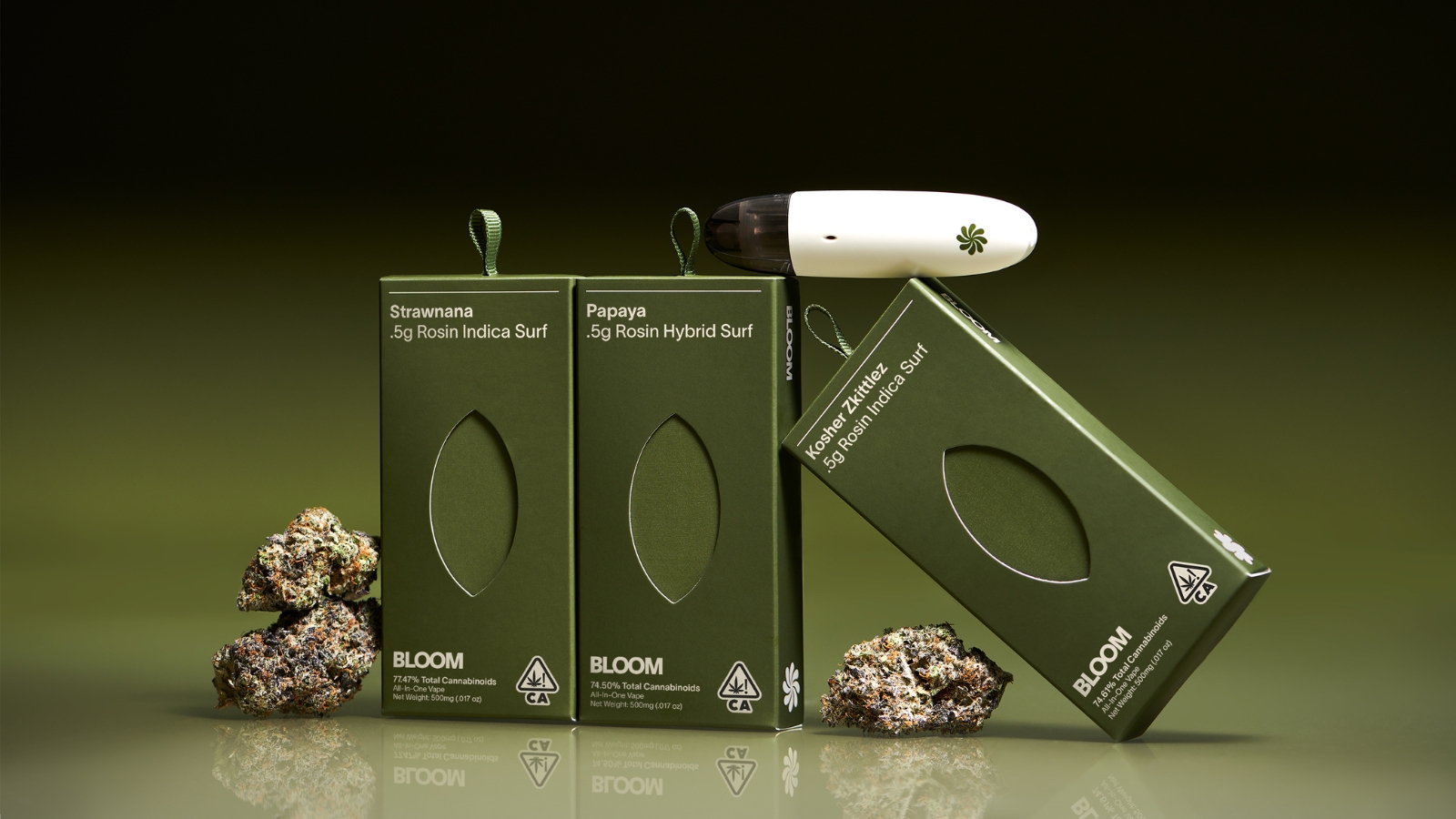Cannabis continued making scientific strides while the rest of us stayed inside. Here’s a recap on what you missed from cannabis in 2020:
Can Cannabidiol inhibit head and neck cancer growth?
Summary:
The study concludes, “single treatment of CBD or co-treatment with chemotherapeutic agents promoted HNSCC cell death along with apoptosis and autophagy processes,” and suggest CBD is a promising candidate for future cancer therapies.
Read more: https://www.labroots.com/trending/cancer/19344/cannabidiol-inhibit-head-neck-cancer-growth
CBD Does Not Effect Driving Ability, THC Wears Off in 4 Hours
Summary:
All in all, the researchers found that cannabis containing CBD had no effect on driving, whereas that containing THC, or a mixture of CBD and THC mildly impaired driving 40 minutes after vaporization. After four hours, those who consumed THC had no impairment.
Cannabis Almost 25% Stronger Now than 50 Years Ago
Summary:
Researchers from the University of Bath in England have found that cannabis has increased in strength by up to 25% in the last 50 years. In particular, they noted that THC concentrations in herbal cannabis (dried flowers, fruits, and leaves from the female cannabis plant) increased by 14% between 1970 and 2017. This, they say, likely happened due to an increasing market share of stronger varieties, including sinsemilla.
Read more: https://www.labroots.com/trending/cannabis-sciences/19178/cannabis-25-stronger-50-ago
Cannabis Help for Fibromyalgia
Summary:
Overall, those who took the cannabis oil ultimately had higher well-being and more energy for day to say activities, as well as a reduction in pain attacks .
The ramifications of this study are limited by the small number of participants, but nevertheless the researchers conclude that “phytocannabinoids can be a low-cost and well-tolerated therapy to reduce symptoms and increase the quality of life of patients with fibromyalgia”. They say future studies are warranted to assess long-term benefits, and studies with different varieties of cannabinoids should be done to enhance knowledge of cannabis in this health condition.
Read more:
https://www.labroots.com/trending/health-and-medicine/19109/cannabis-help-fibromyalgia
Endocannabinoids Block Pathogenic Bacteria That Cause Gut Ailments in Mouse Study
Summary:
The mice study found that endocannabinoids, molecules produced by the body that share features with the cannabinoids in cannabis, may be able to block pathogenic gut bacteria before they can lead to disease.
In the research, mice with elevated levels of endocannabinoid 2-arachidonoyl glycerol (2-AG) were protected from infection by Enterobacteriaceae pathogens resident in the gut.
Read more:
Cannabis Reduces OCD Symptoms by 50%
Summary:
From the data, the researchers found that after smoking cannabis, users who self-identified as having OCD reported a 60% reduction in their compulsions. They also reported a 49% decrease in intrusions and a 52% reduction in anxiety. In particular, the researchers found that those taking higher doses of cannabis, and strains with higher levels of cannabidiol (CBD), tended to see greater reductions in their compulsions.
They also found, however, that as people continued to use cannabis, the associated reductions in intrusion slightly diminished, suggesting that over time users build a tolerance to the plant. Despite this, the relationship between cannabis and reductions in OCD symptoms remained fairly consistent, although symptoms were only reduced within four hours of smoking the plant.
Read more:
https://www.labroots.com/trending/cannabis-sciences/18985/cannabis-reduces-ocd-symptoms-50
Cannabis Use May Reduce Cancer Risk by 10%
Summary:
In the end, he found that cannabis usage correlated with a reduction in several cancers, including those of the head, neck, and lungs, and those related to obesity. However, he also found that cannabis use was correlated with a slight increase in testicular cancer, although not by a significant amount.
He also noticed that cannabis users tended to have lower rates of inflammation- yet another risk factor for cancer. This finding is supported by previous research, having already established a link between the usage of cannabinoids and a reduced risk of inflammation.
Lastly, he found that cannabis users tended to have better insulin resistance and a lesser chance of having diabetes than non-cannabis users. This link may lend its hand to a reduced cancer risk too as diabetes and poorer insulin resistance are associated with a greater risk of cancer, as well as faster growth and aggressiveness of the disease, and thus increased mortality rates.
Read more:
https://www.labroots.com/trending/cannabis-sciences/18860/cannabis-reduce-cancer-risk-10
Hemp-Based Meat Contains More Protein than Beef
Summary:
By weight, hemp seeds contain similar levels of protein to beef and lamb meat. With 25% of their calories coming from protein, just 30 grams of hemp seeds, or 2-3 tablespoons, contain around 11 grams of protein. More than this, hemp seeds are considered a complete protein source- something rare in the plant world- meaning that they provide all the essential amino acids that can only be attained by diet.
But that isn’t all. Hemp seeds are also rich in healthy fats and essential fatty acids as well as vitamins and minerals like vitamin E, iron, potassium, magnesium, calcium, sulfur, zinc, and sodium.
Read more:
https://www.labroots.com/trending/cannabis-sciences/18764/hemp-based-meat-contains-protein-beef
We’re excited to see what’s in store for 2021!





